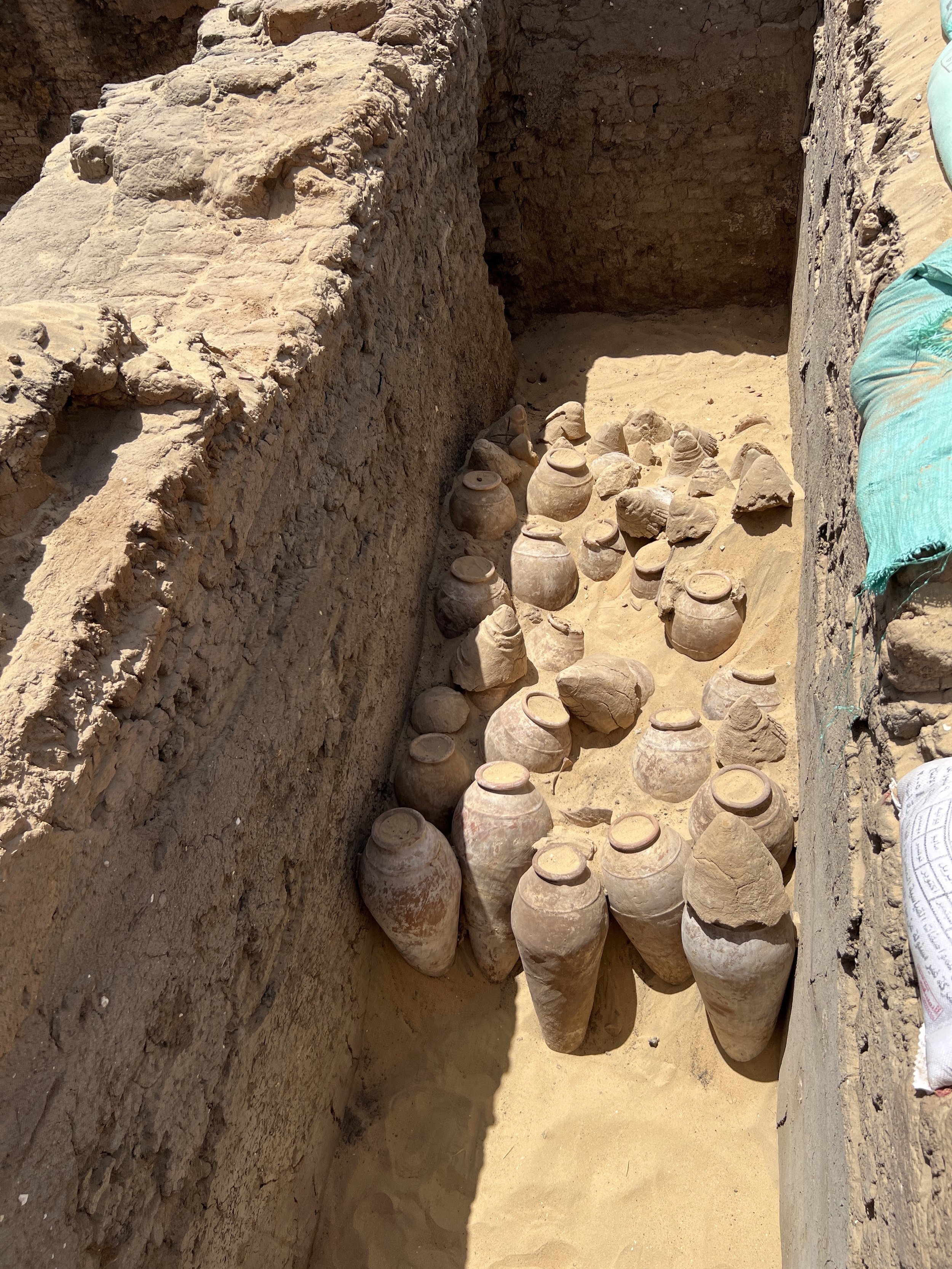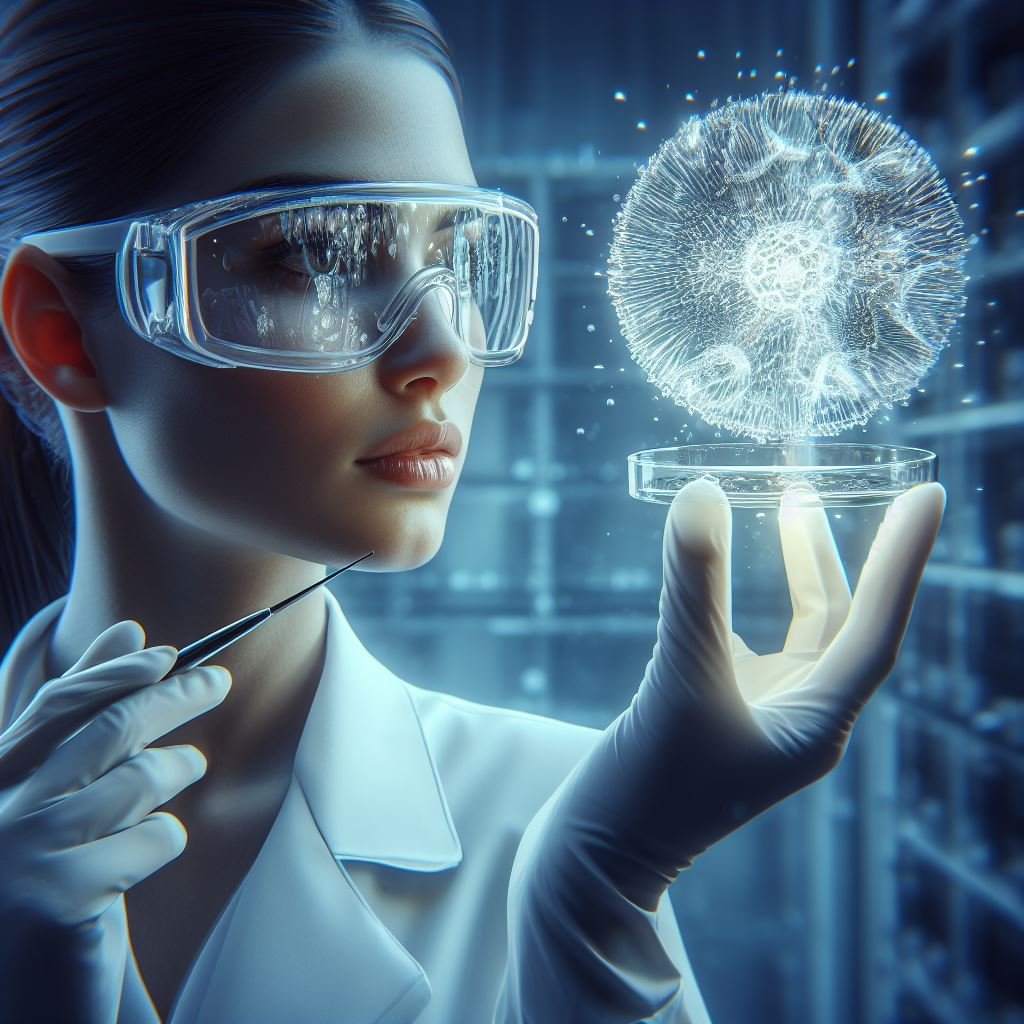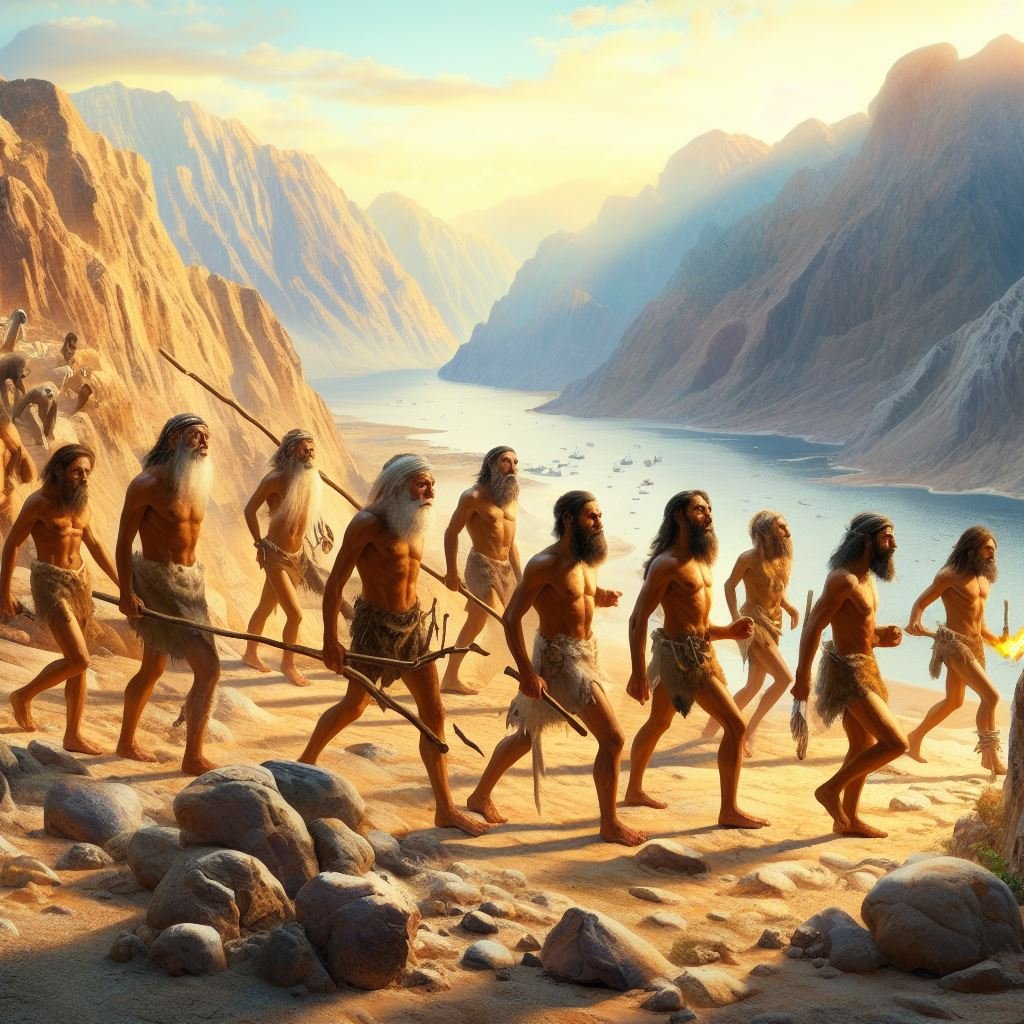
Ancient Maya reservoirs offer lessons for today’s water crises
According to a new paper, ancient Maya reservoirs, which used aquatic plants to filter and clean the water, “can serve as archetypes for natural, sustainable water systems to address future water needs.”

Brain is ‘rewired’ during pregnancy to prepare for motherhood
Researchers have shown that pregnancy hormones ‘rewire’ the brain to prepare mice for motherhood.

Pulsars may make dark matter glow
The central question in the ongoing hunt for dark matter is: what is it made of? One possible answer is that dark matter consists of particles known as axions. A team of astrophysicists has now shown that if dark matter consists of axions, it may reveal itself in the form of a subtle additional glow coming from pulsating stars.

Remnant of cell division could be responsible for spreading cancer
Once thought to be the trash can of the cell, a little bubble of cellular stuff called the midbody remnant is actually packing working genetic material with the power to change the fate of other cells — including turning them into cancer.

5,000-year-old wine for Egyptian quee
A German-Austrian team led by archaeologist Christiana Köhler from the University of Vienna is investigating the tomb of Queen Meret-Neith in Abydos, Egypt. She was the most powerful woman in the period around 3,000 BC. Recent excavations prove her special historical significance: the researchers found 5,000-year-old wine and other grave goods.

Researchers identify largest ever solar storm in ancient 14,300-year-old tree rings
An international team of scientists have discovered a huge spike in radiocarbon levels 14,300 years ago by analyzing ancient tree-rings found in the French Alps.

The medicine of the future could be artificial life forms
magine a life form that doesn't resemble any of the organisms found on the tree of life. One that has its own unique control system, and that a doctor would want to send into your body. It sounds like a science fiction movie, but according to nanoscientists, it can—and should—happen in the future.

Assembly theory: bold new 'Theory of Everything' could unite physics and evolution
An international team of researchers has developed a new theoretical framework that bridges physics and biology to provide a unified approach for understanding how complexity and evolution emerge in nature.

Astronomers discover first step toward planet formation
An international research team has conducted high-resolution and multi-wavelength observations of a protoplanetary disk around a relatively young protostar, DG Taurus.

Scientists discover the highest energy gamma-rays ever from a pulsar
Scientists have detected the highest energy gamma rays ever from a dead star called a pulsar. The energy of these gamma rays clocked in at 20 tera-electronvolts, or about ten trillion times the energy of visible light.

Being a vegetarian may be partly in your genes
Large study found three genes strongly linked to vegetarianism.

Early human migrants followed lush corridor-route out of Africa
An international team of scientists has found early human migrants left Africa for Eurasia, across the Sinai peninsula and on through Jordan, over 80-thousand years ago.

New robot could help diagnose breast cancer early
The device could make clinical breast examinations more accessible as they could take place locally in pharmacies.

Type 2 diabetes diagnosis at age 30 can reduce life expectancy by up to 14 years
An individual diagnosed with type 2 diabetes at age 30 years could see their life expectancy fall by as much as 14 years, an international team of researchers has warned.

A new way to measure the Universe's expansion
Colliding neutron stars provide a new way to measure the expansion of the Universe.

IVF study sheds new light on early stages of embryo development
Findings suggest new ways to sustain embryos as development begins

Superbolts: researchers uncover causes of Earth's most powerful lightning
When a storm's charging zone sits close to the Earth's surface, the resulting superbolts can be 1,000 times stronger than regular lightning.

New wearable sensor makes continuous analysis of sweat possible
New sensor could monitor glucose levels in sweat for weeks.

Did animal evolution begin with a predatory lifestyle?
New research findings on Aiptasia sea anemones point to early evolutionary events in multicellular organisms.

Walking more than five flights of stairs (at least 50 steps up) a day can cut risk of heart disease by 20%, study says
Forget walking 10,000 steps a day. Taking at least 50 steps up the stairs each day could significantly slash your risk of heart disease, according to a new study.

